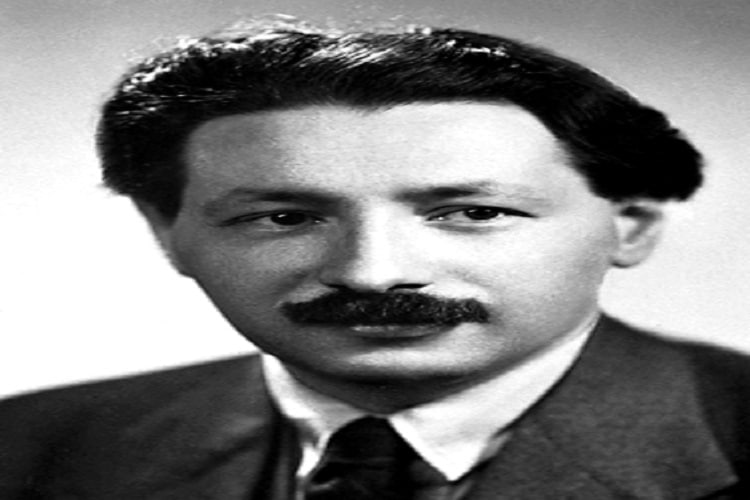Ernst Boris Chain (19 June 1906 – 12 August 1979) was a German-born British biochemist. In 1945, Ernst Boris Chain was awarded the Nobel Prize in Physiology or Medicine.
Life and Career
Ernst Boris Chain was born on 19 June 1906, in Berlin, Germany.
He studied chemistry at Friedrich Wilhelm University (now Humboldt University) in Berlin and earned his Ph.D. in chemistry in 1930.
Ernst Boris Chain had a distinguished career in biochemistry and microbiology:
He initially worked in Germany and then emigrated to England in 1933 due to the rise of the Nazi regime.
In England, Chain joined the research team of Howard Florey at the University of Oxford. Chain, along with Alexander Fleming and Howard Florey, conducted pioneering research on penicillin, which led to the isolation and mass production of the antibiotic. This work revolutionized medicine and saved countless lives.
He continued his research in biochemistry and antibiotics and made significant contributions to our understanding of the structure and function of enzymes.
Chain also made important contributions to the study of antibiotics like streptomycin.
Ernst Boris Chain passed away on August 12, 1979, in Mulrany, County Mayo, Ireland.
Award and Legacy
Ernst Boris Chain was awarded the Nobel Prize in Physiology or Medicine in 1945, along with Alexander Fleming and Howard Florey, for their pioneering work on the discovery and development of penicillin.
Ernst Boris Chain is remembered for his crucial role in the development of penicillin, which transformed the field of medicine and revolutionized the treatment of bacterial infections.
His work contributed to the establishment of antibiotics as a cornerstone of modern medicine, saving countless lives and preventing many infectious diseases.
Chain’s contributions to biochemistry and microbiology continue to be celebrated, and his legacy is linked to the broader advancements in antibiotic research and the fight against infectious diseases.

